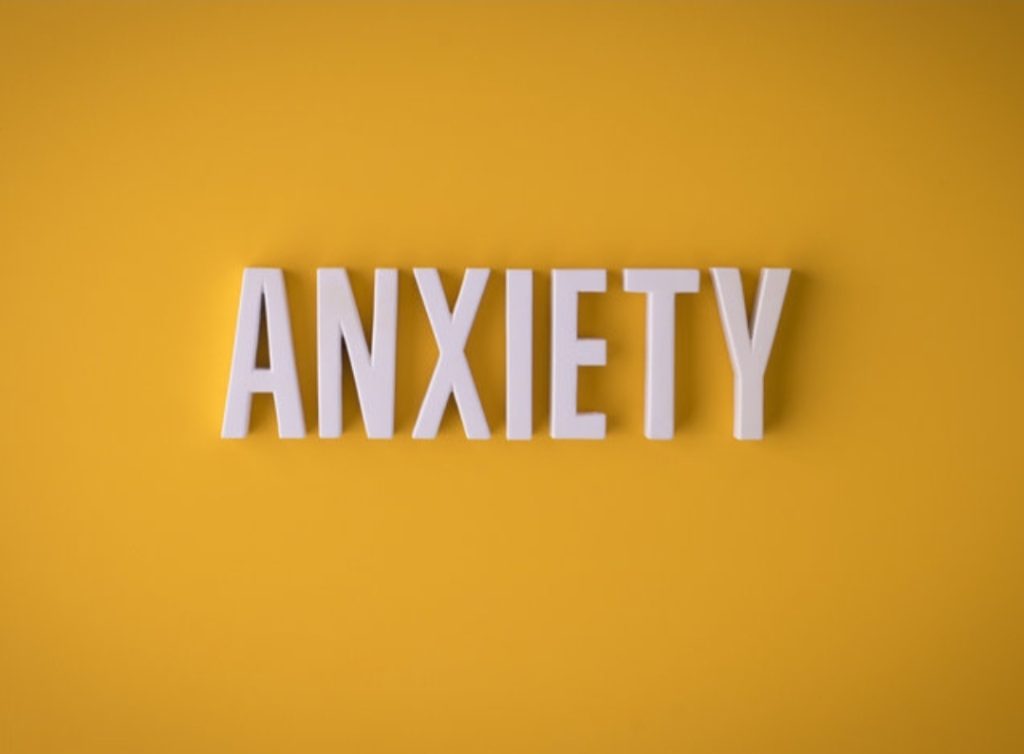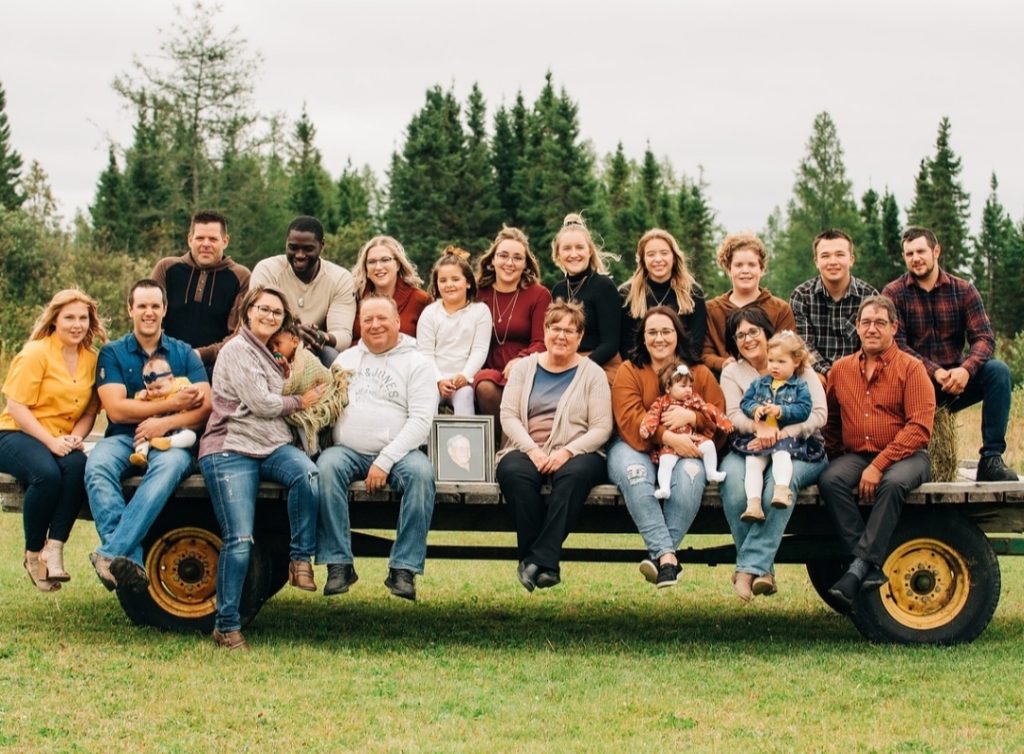The Latinx community is composed of diverse groups stretching far and wide from the tip of South America to the start of North America, ending with Mexico. Their rich traditions and practices are preserved by a population of 639 million worldwide, with 63 million living in the U.S. alone.
Whether you want to try yummy pupusas from El Salvador, learn how to dance the Venezuelan Joropo or craft beautiful Mexican pinatas, Latinos are often eager to converse about their culture and routine with anyone. However, as evidenced by modern research, mental health discussions aren’t at the top of that list.
Did you know that according to the National Alliance on Mental Illness (NAMI), only 35.1% of Hispanic adults receive mental wellness treatment compared to the U.S. average of 46.2%?
Unfortunately, although distinctive in their practices, the Latinx community runs into overlapping issues when dealing with mental health in the United States. Many of these problems are due to the heavy stigma surrounding this topic. Growing up as a Hispanic immigrant myself, I often viewed how talks of depression, therapy, or just mental health in general were considered “taboo.”
There are many reasons why this viewpoint is so prevalent, and it all begins at home. Latinx groups are known for being family-oriented and take pride in achievements accomplished as a collective. Any “flaw” or “imperfection” that could negatively impact the family or how they are viewed by outsiders is tossed aside and ignored.
This sense of unity emphasized in Latinx upbringings causes many teens to feel the pressure of living up to these shared goals, forcing them to work toward dreams that a lot of the time aren’t their own.
“So many of my friends are planning to become doctors or lawyers because their parents want them to. They don’t want to, but they don’t have any other options,” explains Fabiana Vivolo, a 17-year-old rising high school senior.
Poverty also affects access to mental health resources; around 17% of Hispanics live in poverty in the U.S today. Sadly, low-income neighborhoods are the most affected with issues relating to depression and anxiety due to the stress posed by their livelihood. On top of that, 18% of all Hispanics do not have active health insurance, so even if they were willing to receive treatment they could not afford it.
The language barrier is linked to both poverty and low participation in mental health practices since although many Latinx people live in the U.S., not all of them speak English. According to a Pew Research Center analysis, 68% of Hispanics speak fluently, but that still leaves 32% deserted. When it comes to mental health, every word spoken can feel like a weight off your shoulders, being able to communicate efficiently with a therapist can make all the difference.
Additionally, societal and cultural beliefs impact how getting treatment is viewed in the community since many don’t consider mental wellness to be as important as physical health. Many older members think therapy of any kind is only needed in extreme cases and it’s not something that should be shared with others.
“I have heard so many parents say things like ‘today’s children all have anxiety and depression. We didn’t have that in my time, etc. etc.’ and it’s so sad that they can’t recognize that mental health isn’t a trend,” Vivolo says.
While there is a long way to go in the realm of mental health in the Latinx community, it’s encouraging to see that many resources like Therapy for Latinx provide a database to find Latinx therapists. Her Nexx Chapter’s own “It’s OKAY! Pause, Breathe, Proceed – BIPOC” event is being created to target the intricacies of Hispanic mental health. These initiatives increase conversations in the community and will create all the difference, as more and more young Latinos decide to prioritize their mental wellness.
Join us for It’s OKAY! Pause, Breathe, Proceed – BIPOC streaming on Monday, July 31st at 4 pm PT/ 6 pm CT/ 7 pm ET and hear from experts who are making a difference in Latinx mental health issues. Register for this free event here.
The Future of Connection for Women








0 Comments